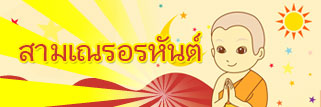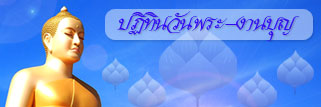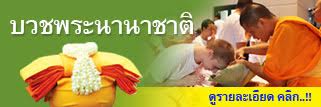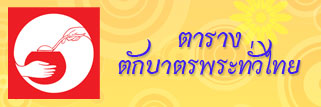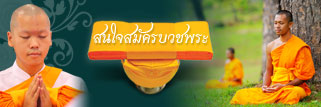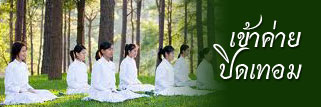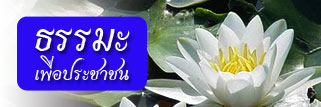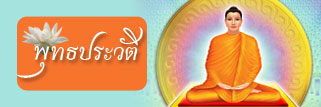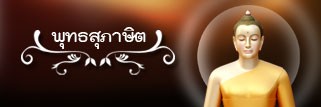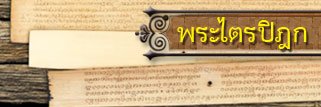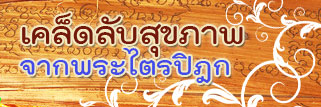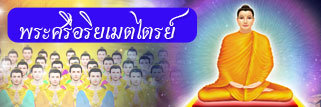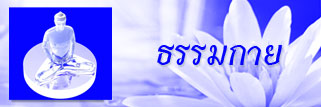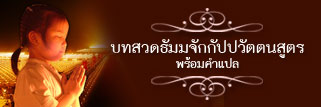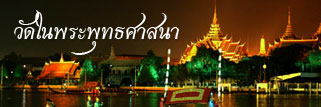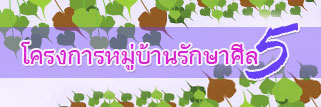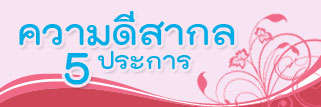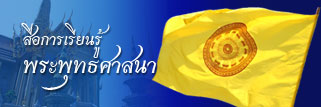Chinese New Year
Chinese New Year 2014
Chinese New Year is an important traditional Chinese holiday celebrated on the first day of the year of the Chinese calendar. In China, it is also known as the Spring Festival, the literal translation of the modern Chinese name. Chinese New Year celebrations traditionally run from Chinese New Year's Eve, the last day of the last month of the Chinese calendar, to the Lantern Festival on the 15th day of the first month, making the festival the longest in the Chinese calendar. Because the Chinese calendar is lunisolar, the Chinese New Year is often referred to as the "Lunar New Year".
The source of Chinese New Year is itself centuries old and gains significance because of several myths and traditions. Traditionally, the festival was a time to honor deities as well as ancestors. Chinese New Year is celebrated in countries and territories with significant Chinese populations, including Mainland China, Hong Kong, Macau, Taiwan, Singapore,Thailand, Indonesia, Malaysia, Mauritius, Philippines,and also in Chinatowns elsewhere. Chinese New Year is considered a major holiday for the Chinese and has had influence on the lunar new year celebrations of its geographic neighbors.
Within China, regional customs and traditions concerning the celebration of the Chinese new year vary widely. Often, the evening preceding Chinese New Year's Day is an occasion for Chinese families to gather for the annual reunion dinner. It is also traditional for every family to thoroughly cleanse the house, in order to sweep away any ill-fortune and to make way for good incoming luck. Windows and doors will be decorated with red color paper-cuts and couplets with popular themes of "good fortune" or "happiness", "wealth", and "longevity." Other activities include lighting firecrackers and giving money in red paper envelopes.
Although the Chinese calendar traditionally does not use continuously numbered years, outside China its years are often numbered from the reign of the 3rd millennium BC Yellow Emperor. But at least three different years numbered 1 are now used by various scholars, making the year beginning AD 2013 the "Chinese Year" 4711, 4710, or 4650.Chinese New Year
Also called : Lunar New Year, Spring Festival.
Observed by : Chinese communities worldwide
Type : Cultural, Religious (Buddhist, Taoist, Confucian)
Significance : The first day of the Chinese calendar (lunisolar calendar)
Celebrations : Lion dances, fireworks, family gathering, family meal, visiting friends and relatives (拜年, bàinián), giving red envelopes, decorating with duilian (對聯, duìlián).
Date : Chinese lunar new year
2013 date : Sunday, February 10, Snake
2014 date : Friday, January 31, Horse
2015 date : Thursday, February 19, Goat
2016 date : Monday, February 8, Monkey
Frequency : annual
Related to : Lantern Festival, which concludes the celebration of the New Year. Mongol New Year (Tsagaan Sar), Tibetan New Year (Losar), Japanese New Year (Shōgatsu), Korean New Year (Seollal), Vietnamese New Year (Tết)

http://goo.gl/UQrKf3







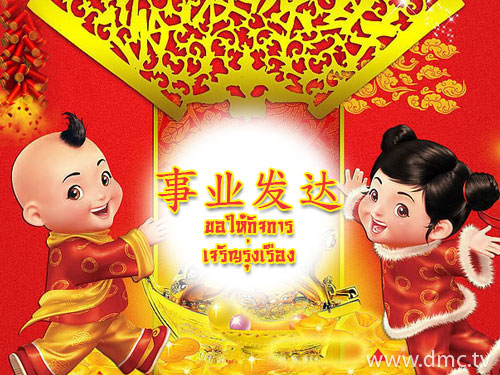
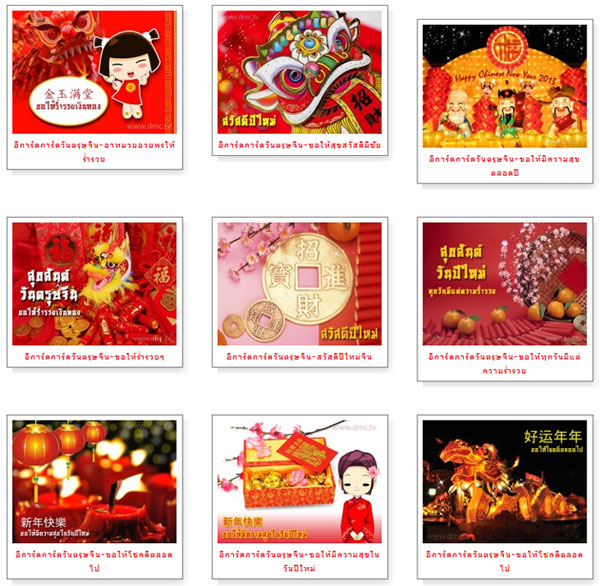
 พิมพ์บทความนี้
พิมพ์บทความนี้
